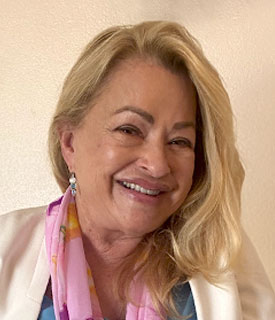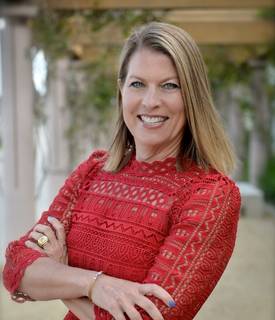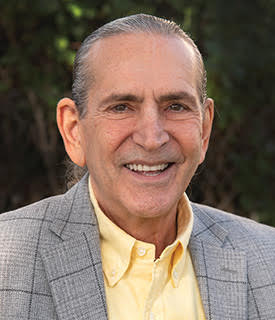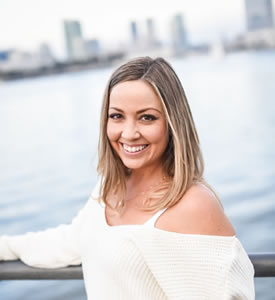Trust is the firm belief in reliability, truth, ability, or strength of someone or something. Our trust can be broken, lost, and failed. This can make people more distrusting and less confident in believing in others or something. This happens in relationships, work, friendships, or even products and services we buy. This is why our trust is so precious, because it could be lost. We learn in life to be cautious with our trust based on previous experiences and knowledge. This is how we stay safe and protected. We know we can’t trust being in a cage with a lion without the possibility of being attacked.
However, it’s a beautiful thing when we do trust. Beautiful things happen. We’re not saying, go in a cage with a lion. Modern trust is evolving in ways we would think were crazy even 10 years ago.
Technology has been a big factor in enabling us to trust people in ways like never before. We’re trusting in people again. In humanity. That humans are good. Think of airbnb; people open their homes to strangers and people stay in the homes of strangers. Uber; we jump in cars with complete strangers trusting they will drive us to our destinations safely. Or Tinder; we meet up with strangers in hopes of hitting it off. If we told ourselves 10-15 years ago that we would be doing these things, we would think that was so dangerous. We wouldn’t trust it.
The evolution of trust throughout human history started from a local level. This is when trust was built around tight knit relationships. Say we lived in a village and needed to borrow money from someone. If we didn’t pay them back, we would get a bad reputation and non of the other villagers would want to do business with us.
Then in the 19th century, people begun doing to bigger cities and we started to place our trust in institutions and authorities. We put our trust in banks, governments, and religious organizations and less trust directly in other people. Unfortunately, corporate leaders had a hard time apologizing when our trust in them was ruined. Trust in corporate brands and institutions began, and continued, to decline. Nowadays, we’re realizing institutional trust wasn’t meant for the digital age.
Now our trust has evolved into a distributed fashion. We distribute our trust among people again, based on accountability. Online trust started to change our behaviors in the real world. For example, in a hotel, you may leave your towel on the bathroom floor when you leave. On the contrary, you would never do this at an airbnb. You would never leave someone’s house messier than how it was when you first arrived. This is because we’re motivated by ratings that will affect future transactions. Our digital trust is encouraged when we can read profiles of individuals and see their photos. We have an idea of who they are and that others found them trustworthy. It creates choice. We can review who we want and choose someone.
This is called a trust leap. It happens when we take the risk to do something new in a different way than we’ve always done it. Trust is the link between the known and unknown, acting as the bridge over uncertainty. Some people define trust as a risk assessment of how likely something is to go right. This makes trust sound rational and predictable, but doesn’t show us the power of how we’re able to connect with other people. We need to think of it as a confident relationship with the unknown. It explains our capacity to cope with uncertainty. To place our faith in strangers, to keep moving forward. Inputting your credit card details on a website, that’s a trust leap.
Technology helps us build trust it uses a stacked method to do this.
- trust the idea
- trust the platform
- trust the other user
This trust building helps us trust humanity again. Because the other user is another human being. We’re believing people are good again. Of course we need to be safe and cautious, but we have profiles and digital influence to help us feel more confident.
If you struggle with trust, please contact Crownview Medical Group to get in touch with a trained professional who can help you overcome that struggle.
Source: https://www.ted.com/talks/rachel_botsman_we_ve_stopped_trusting_institutions_and_started_trusting_strangers
























